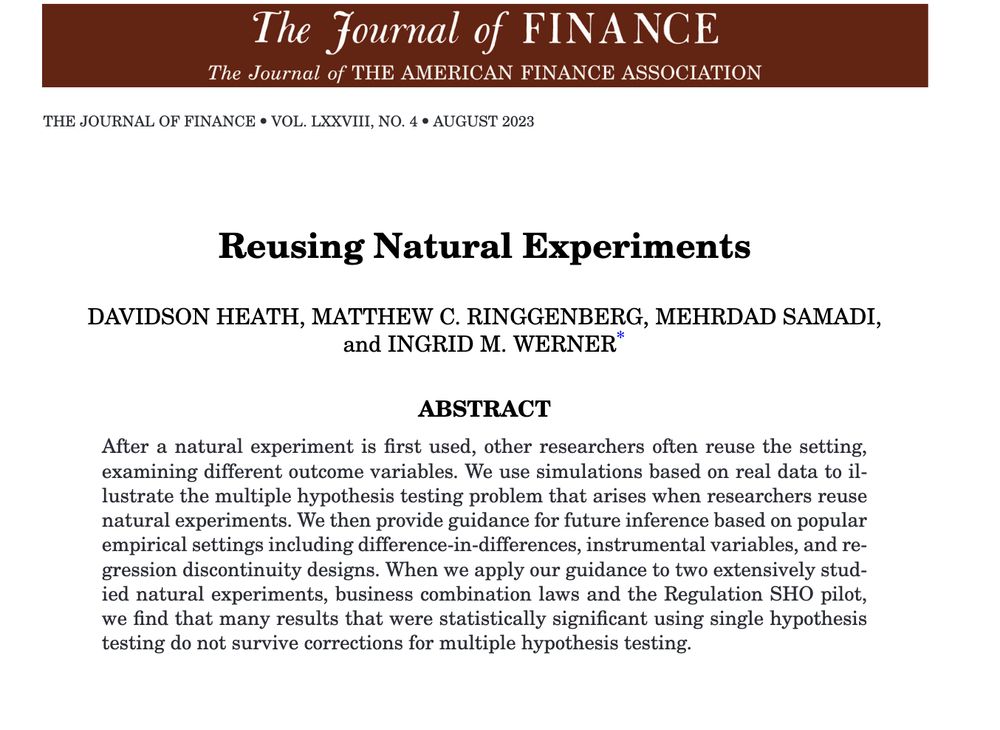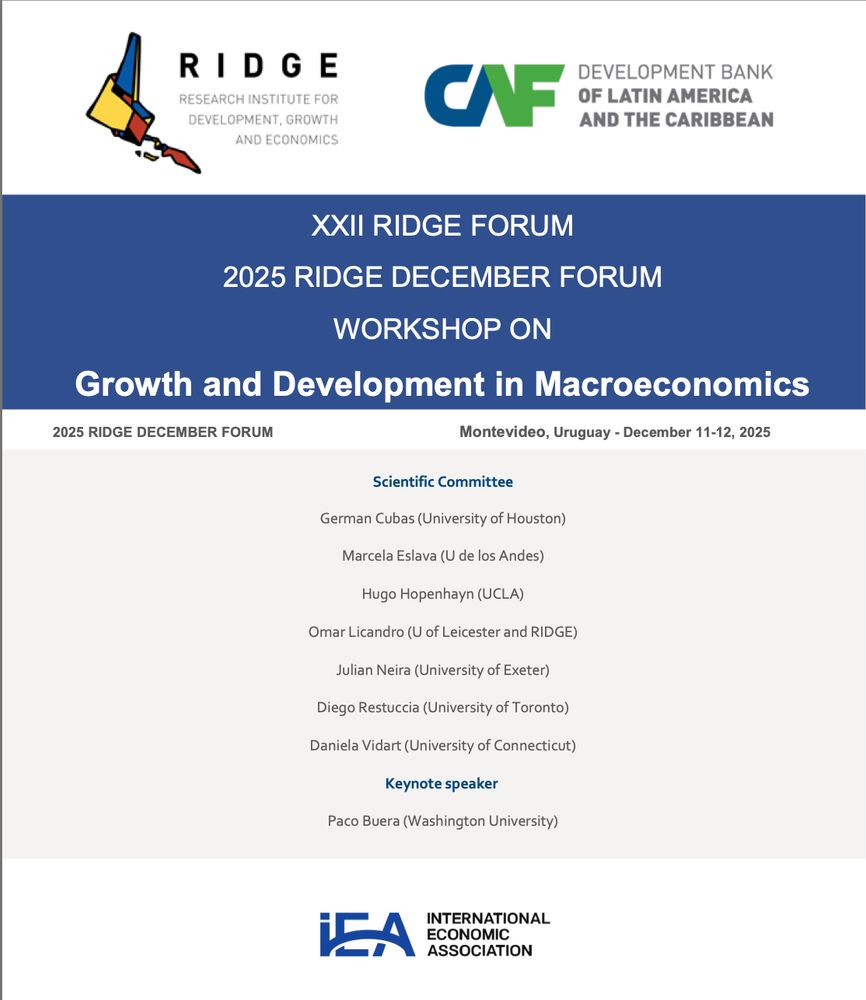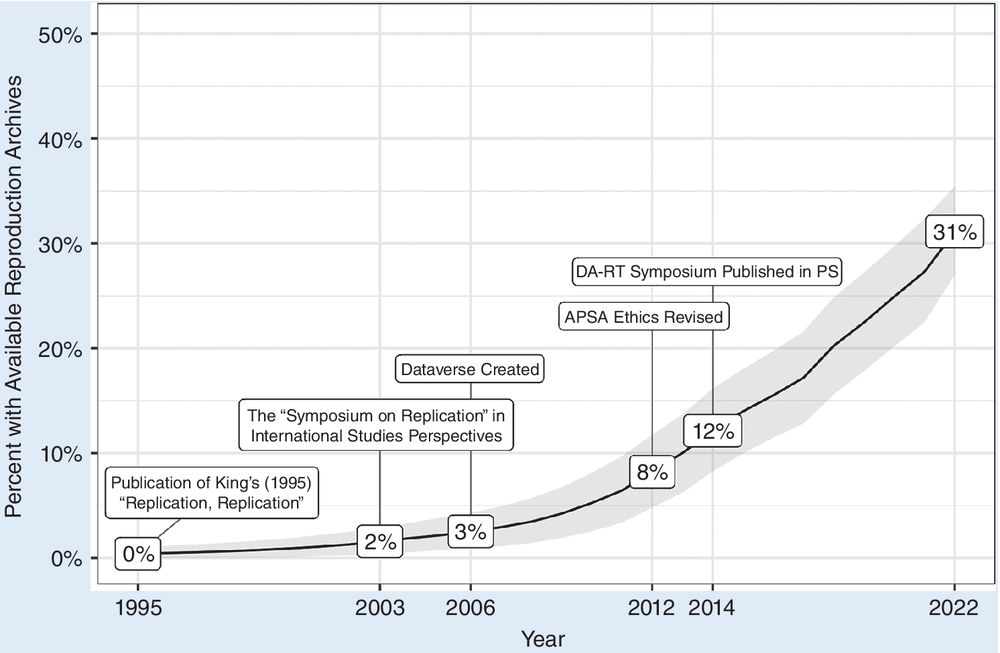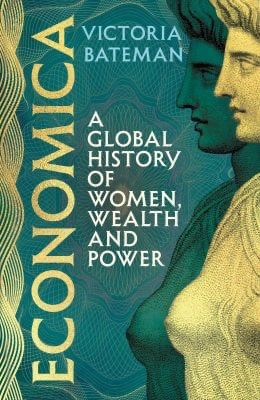
Professor, University of Manchester. Fellow ICS-UL. Director of the Arthur Lewis Lab for Comparative Development. Economic History, Growth & Development, Macroeconomics, Political Economy. Webpage: https://sites.google.com/site/npgpalma/home .. more
Professor, University of Manchester. Fellow ICS-UL. Director of the Arthur Lewis Lab for Comparative Development. Economic History, Growth & Development, Macroeconomics, Political Economy. Webpage: https://sites.google.com/site/npgpalma/home

In a new working paper (with Tim Besley, Dan Bogart, and Jonathan Chapman @jnchapman-econ.bsky.social, we show that Justices of the Peace — magistrates acting locally — were a quiet engine behind modern economic growth. 🧵👇1/7
Reposted by Nuno Palma

Reposted by Nuno Palma

www.istitutodatini.it/ester/htm/ca...
Reposted by Nuno Palma
@cliochris.bsky.social and @nunopgpalma.bsky.social who have been cited as well. The scientific statement can be found here: www.nobelprize.org/uploads/2025...
Reposted by Nuno Palma, Alexandra Cirone

A workshop at LSE next April on 'Uses and Abuses of the Murdock Atlas in Social Science Research'. We're looking for cross-disciplinary engagement to think critically about what this widely used source means, what it can & can't tell us. Submit by Nov 14
www.lse.ac.uk/economic-his...
Reposted by Nuno Palma, Noel D. Johnson

www.broadstreet.blog/p/blood-and-...
Reposted by Nuno Palma


academic.oup.com/ereh/article...
Honored to have received the Figuerola Prize for the best article published in the European Review of Economic History in the last 2 years, for «Anatomy of a Premodern State», with Lenor F. Costa & António Henriques!
Reposted by Nuno Palma
Reposted by Nuno Palma

Reposted by Nuno Palma
Transplanting Craft Guilds to Colonial Latin America: A Large Language Model Analysis cepr.org/publications... @oxhistoryfaculty.bsky.social @oxford-esh.bsky.social #echist
Reposted by Nuno Palma

This chart shows the share of people who say homosexuality cannot be justified across five of the world’s most populous countries.
Together, these countries are home to nearly half of the global population.
Reposted by Nuno Palma

"...we use simulations based on real data to illustrate the multiple hypothesis testing problem that arises when researchers reuse natural experiments."
Reposted by Nuno Palma

December 11-12 in beautiful Montevideo🇺🇾
Submission deadline 👉 September 30
More info & submission link 👉 ridge.org.uy/wp-content/u...
Reposted by Stefan Müller, Nuno Palma

Steady improvement, but still a long way to go!
Reposted by Nuno Palma

Reposted by Nuno Palma
Reposted by Nuno Palma, Charlotte Bartels
Reposted by Nuno Palma

Reposted by Nuno Palma
New @cepr.org discussion paper by Tim Besley, Dan Bogart, Jonathan Chapman, and @nunopgpalma.bsky.social cepr.org/publications...
Reposted by Nuno Palma
Many details and link to job add here:
sites.google.com/site/tnhalbe...
Please PM me incase you have questions!
Reposted by Nuno Palma

Institutions also operate locally. Local legal actors — even unpaid ones — can shape economic trajectories in powerful ways.
The state was heavily involved with the First Industrial Revolution.
Link to the paper:
documents.manchester.ac.uk/display.aspx...
7/7
⚙️ Industrial towns near coalfields grew faster with more JPs;
📈 JPs helped enforce contracts, settle disputes, and foster trust;
The effects appear gradually over time! The choice of the outcome year is not critical.
6/7

In other words: more JPs → better long-term development outcomes. 5/7

✅ Higher population growth
✅ Faster urbanization
✅ Greater economic diversification
✅ More infrastructure and innovation
✅ Better human capital (via apprenticeships)
4/7

They were local elites—usually unpaid, but powerful—tasked with matters from contract enforcement to infrastructure oversight.
Their presence made legal systems more accessible, faster, & cheaper—especially in an age before a professional paid bureaucracy 3/7

Using novel data, we show that “street-level” legal capacity, via JPs, played a crucial role in enforcing property rights, resolving disputes & managing public goods. 2/7

